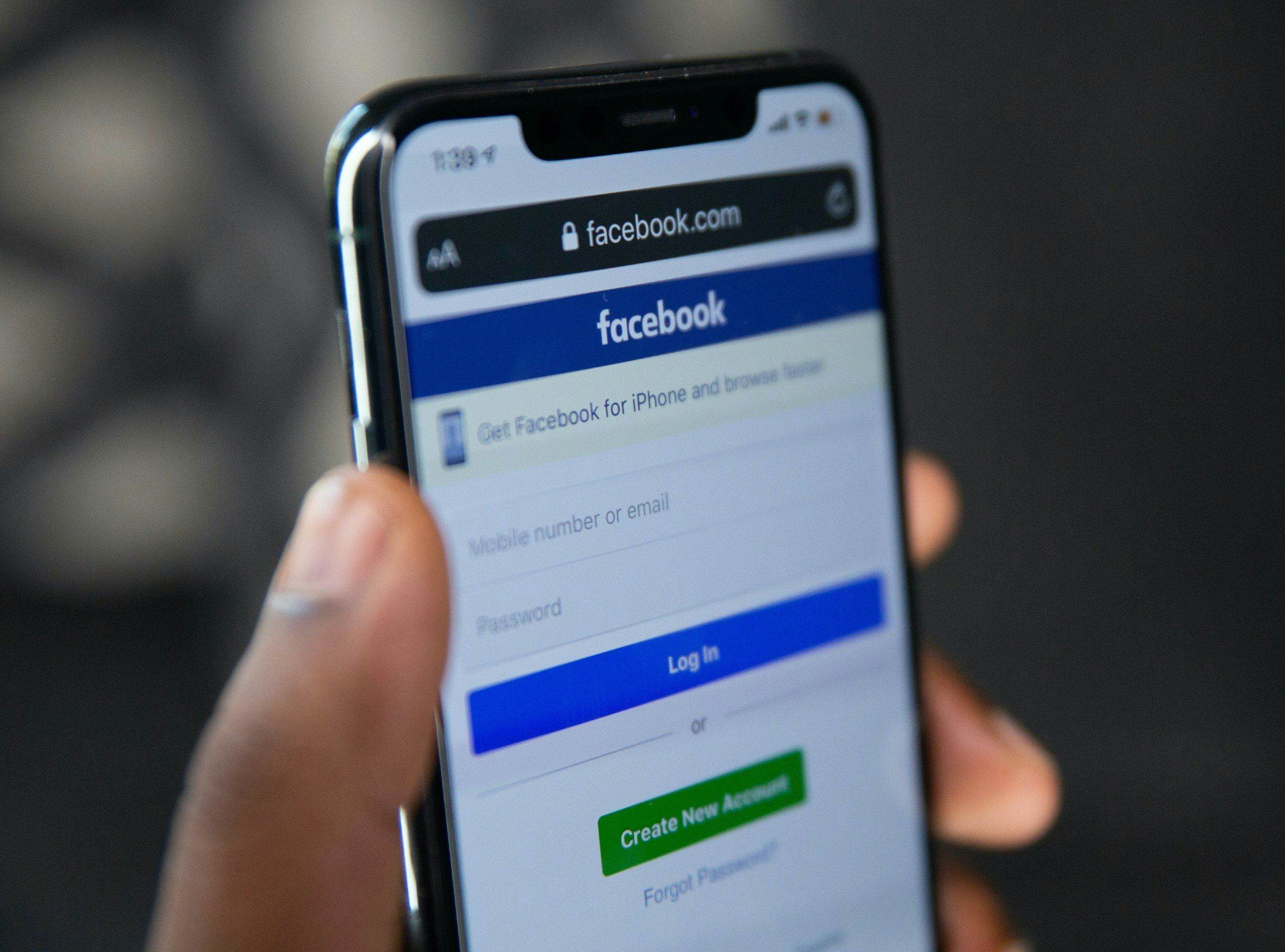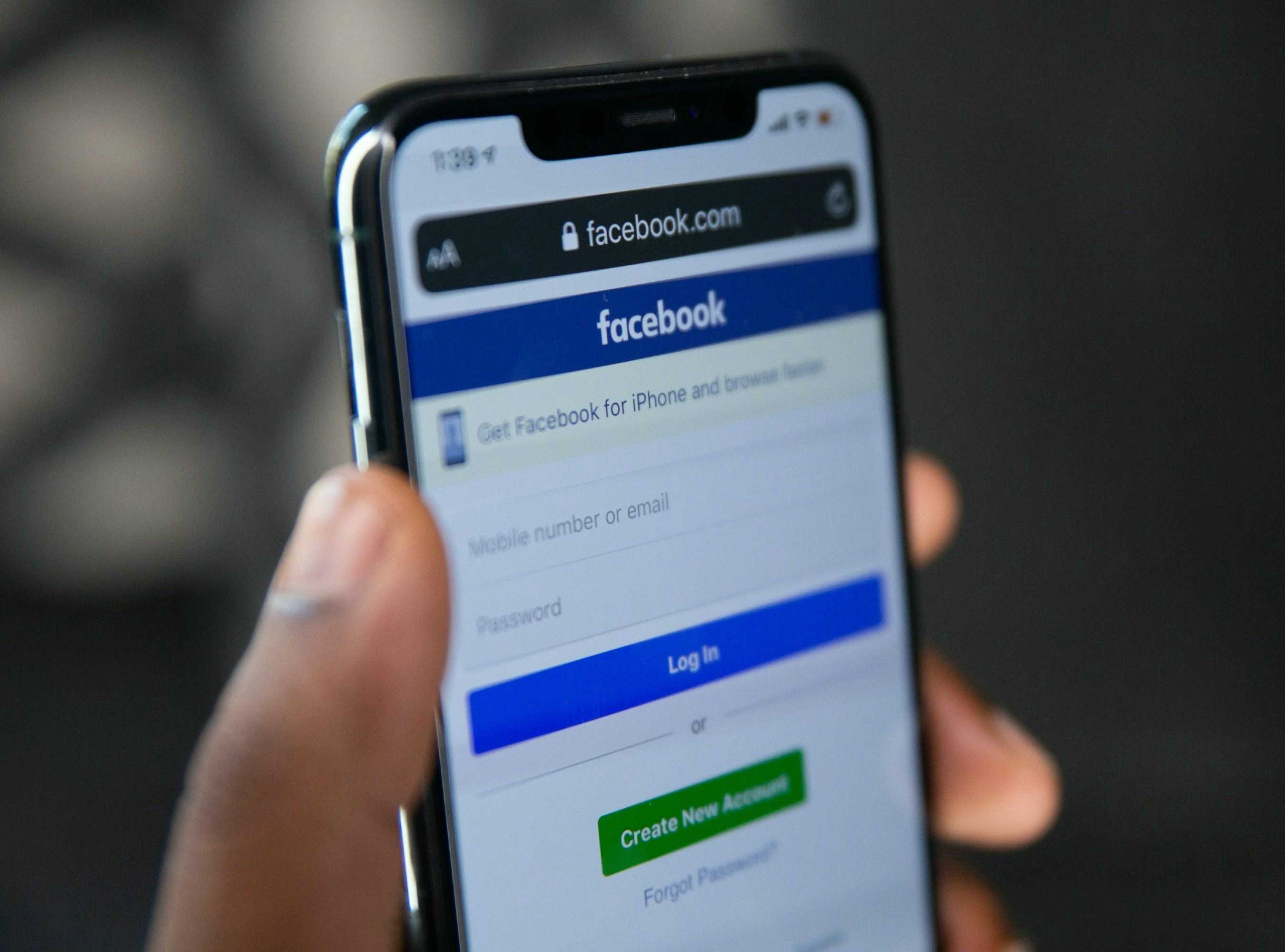The U.S. Supreme Court recently heard oral arguments in the case, Facebook, Inc. v. Duguid. The case concerns the tech giant’s use of automated text messages to contact users and whether this mode of communication should be governed under the Telephone Consumer Protection Act (TCPA). The court seeks to resolve a circuit court split on a key issue under the Act: what exactly constitutes an “autodialer” for TCPA purposes?
A Brief History of Autodialers
The Telephone Consumer Protection Act generally prohibits using an “automatic telephone dialing system,” (ATDS) also known as an “autodialer,” to make phone calls to cell phones unless the recipient has consented to receive those calls in some way. The TCPA defines an “automatic telephone dialing system” to include any device that can dial telephone numbers, whether the device stores the numbers or uses a random number generator to produce them. Generally speaking, courts understand “phone calls” in the context of the TCPA to include text messages.
A 2015 Federal Communications Commission (FCC) ruling stated that any device with the potential to dial phone numbers automatically counted as an “automatic telephone dialing system,” even if the device would require modification to perform this function. In ACA International v. FCC, however, the US Court of Appeals for the DC Circuit invalidated this definition.
Without further guidance from the FCC, federal courts have labored to create their own clarification regarding exactly what counts as an “automatic telephone dialing system.” Some Courts of Appeals have interpreted the term broadly, covering any device that can automatically dial stored numbers, even if it doesn’t use a number generator. Others have required a generator to be used to either store or produce the numbers.
Facebook v. Duguid
In Facebook v. Duguid, Noah Duguid sued Facebook over automated text messages Duguid received related to his Facebook account—except that Duguid had no Facebook account. On behalf of two putative classes, Duguid sued Facebook, alleging that Facebook used an automatic telephone dialing system to contact users about their accounts. Duguid’s number had somehow also been stored in that system, Duguid argued, which explained why Duguid received messages from Facebook about an account that did not exist.
The Northern District of California dismissed Duguid’s claim, holding that Duguid had failed to show that Facebook used an automatic telephone dialing system. Rather, the court reasoned, Facebook could be texting specific users directly in response to specific concerns about that user’s account.
The U.S. Court of Appeals for the Ninth Circuit, however, reversed the decision, holding that any system with “the capacity to ‘store numbers to be called’ and ‘to dial such numbers automatically” counted as an automatic telephone dialing system. Despite Facebook’s arguments that its own equipment only stores numbers “reflexively” and that under the Ninth Circuit’s definition even smartphones count as an ATDS, the Ninth Circuit ruled that its own precedent established that the device at issue in Duguid’s case was an automated telephone dialing system.
The US Supreme Court granted certiorari on the question, “Does the definition of an ‘automatic telephone dialing system’ in the Telephone and Consumer Protection Act of 1991 encompass any device that can ‘store’ and ‘automatically dial’ telephone numbers, even if the device does not use a ‘random or sequential number generator’?” On December 8, 2020, the Supreme Court heard oral arguments in the matter and the count’s opinion remains pending.
What to Expect in Future TCPA Cases
The ATDS provision of the TCPA has long been a popular basis for class action lawsuits, particularly because violations can cost $500 to $1,500 per instance. The Supreme Court’s ruling in Facebook v. Duguid is likely to have a significant impact on the number and type of these cases that appear in the future.
For instance, many recent TCPA cases have focused on the proliferation of automated text messages. Though many texting systems use stored phone numbers, few can generate random or sequential phone numbers on their own. Rather, texting systems target specific phone numbers, often for specific reasons, such as reminding the number’s owner of an upcoming appointment or alerting the number’s owner to suspicious activity related to an online account.
If the Supreme Court holds that an ATDS must be able to generate numbers, most text messages will fall outside the definition of an ATDS. Such a ruling will significantly reduce the number of TCPA claims related to text messages, such as Duguid’s claim here.
During oral arguments, the Court focused on topics like the effects of technological change since 1991, as well as the methods and considerations to be used in examining the text of the TCPA. Though the justices seemed to agree that the TCPA is outdated in the face of today’s technology, the court’s stance on the ATDS provision is unlikely to be released until spring 2021.




